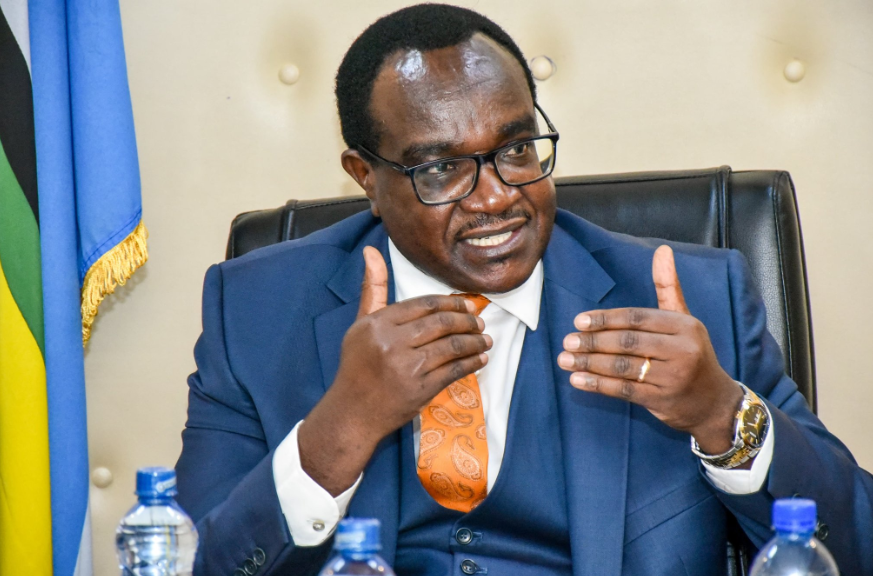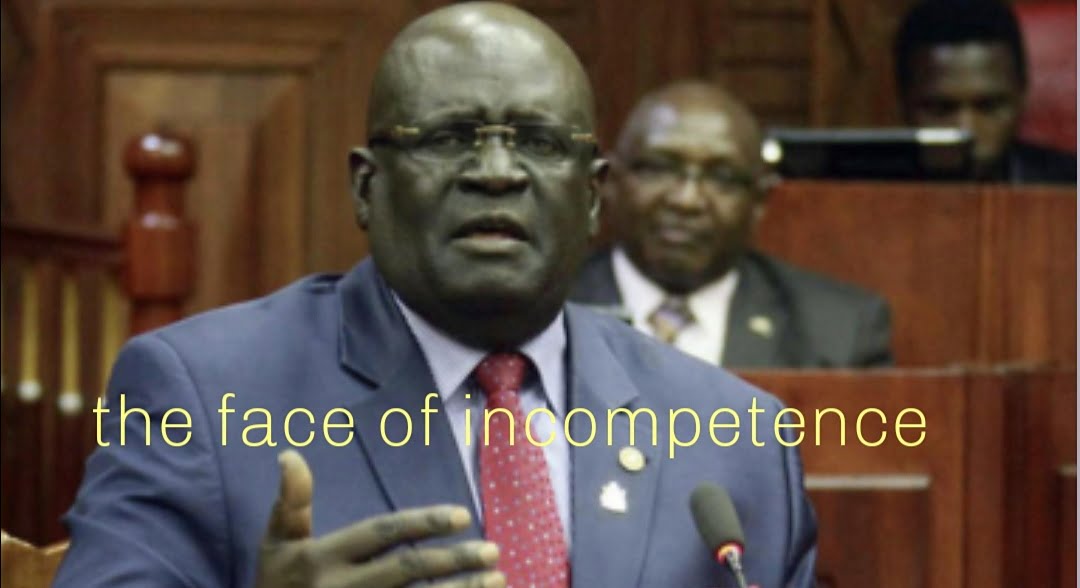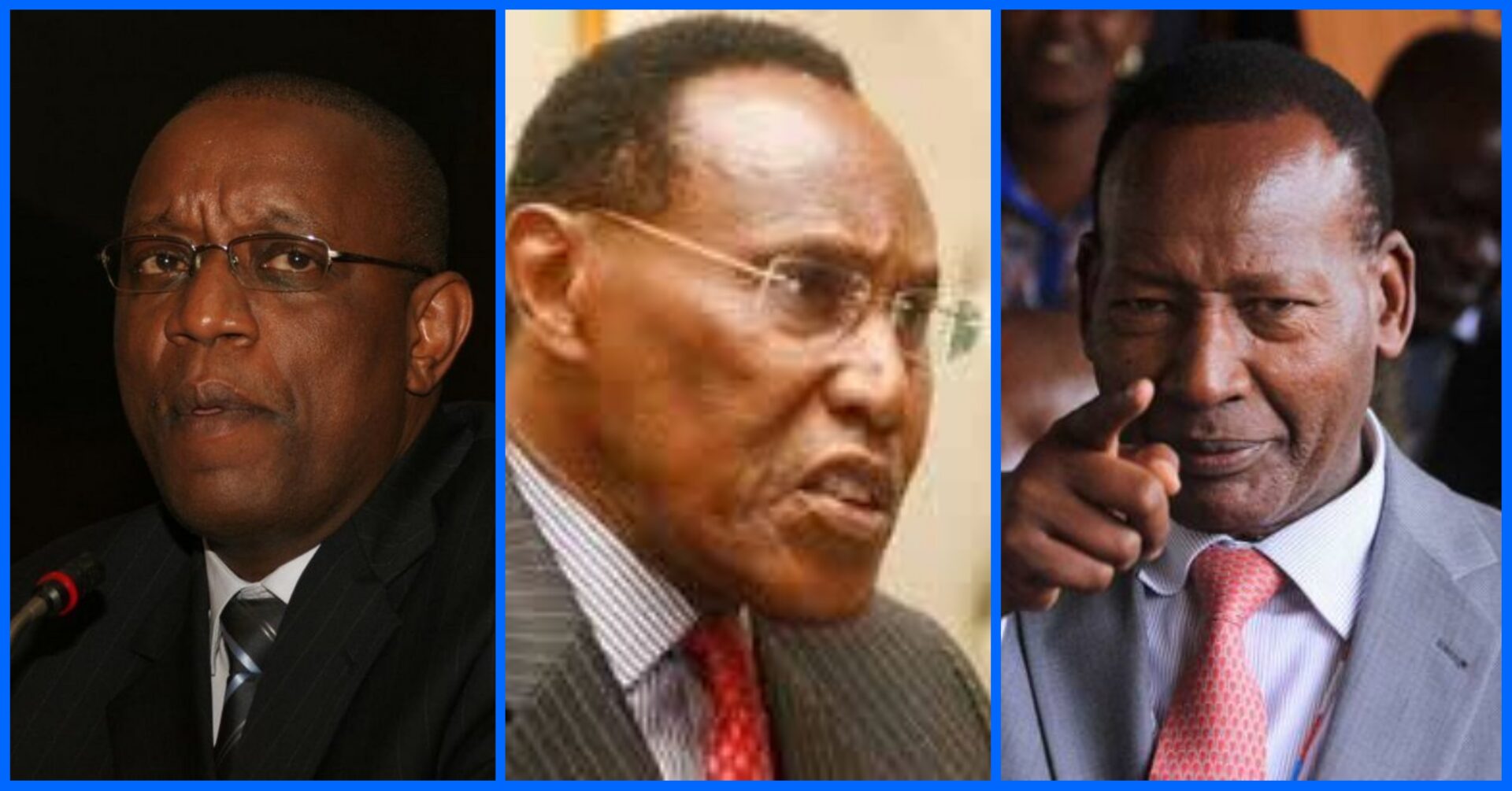Thousands of learners are staring at a national disaster after the Ministry of Education failed to allocate any money for the 2025 national exams.
The omission has shocked lawmakers and education stakeholders, who warn that the credibility and administration of Kenya’s Primary School Education Assessment (KPSEA), Junior Secondary School (JSS) exams, and the Kenya Certificate of Secondary Education (KCSE) may be at risk.
The National Assembly Education Committee has sounded the alarm, blaming poor planning and negligence. As the clock ticks closer to exam season, panic is spreading among students, parents, and teachers across the country.

Education Ministry Under Fire Over Missing Budget for National Exams
The Ministry of Education is under intense scrutiny after confirming that no funds were allocated in the 2025/26 national budget for three key national exams. Education Principal Secretary Julius Bitok faced a grilling from MPs after appearing before the National Assembly’s Education Committee. His explanations did little to calm tensions.
Committee chairperson Julius Melly, visibly upset, pointed out that the exams—KPSEA, JSS assessments, and KCSE—are predictable annual events that require consistent and timely funding. “This is a glaring omission,” Melly said. “Exams happen at the same time every year. Yet you’ve come here with a budget that says zero. That is unacceptable.”
Lawmakers were further angered by the absence of representatives from the Kenya National Examinations Council (KNEC) during the session. “Why is the CEO of KNEC not here?” Melly asked. “This is a serious matter. We need answers and accountability.”
PS Bitok struggled to justify why the Ministry failed to include national exam funding in its projections. He admitted there were gaps but shifted blame to the National Treasury, accusing it of slashing Ksh62 billion from the Education budget without proper consultation.
Lawmakers Warn of Exam Paralysis and Threat to Learners
The fallout from the missing budget is growing. Legislators warned that the country risks plunging into an education crisis if urgent action is not taken.
Nyamira Woman Representative Jerusha Momanyi was blunt in her assessment. “What is wrong with the exams of our children?” she asked. “Does Treasury want to scrap national exams altogether, or is it quietly preparing parents to start paying for them out-of-pocket?”
The risk that parents may be forced to shoulder the costs has sparked national concern. For families already struggling with the high cost of living, paying examination fees would be a crushing blow.
Teso South MP Mary Emaase linked the chaos to the continued defiance of a presidential directive issued in 2023. The directive ordered schools to release withheld certificates owed to students with fee arrears, yet many institutions continue to ignore it. “We are denying students the right to progress, either through further education or by joining the job market,” she said.
Public Trust in National Exams at Stake
The credibility of Kenya’s education system is under threat. National exams are more than just tests—they are gatekeepers to opportunity. Every year, the exams determine who advances, who qualifies for scholarships, and who earns a place in universities and technical institutions.
Without a budget, the integrity of these exams comes into question. Who will print and secure the papers? Who will pay invigilators and examiners? How will transportation and marking be handled? These are logistical nightmares that cannot be solved overnight.
Worse still, the crisis may expose the exams to manipulation. In past years, underfunded exam processes opened loopholes for cheating, paper leaks, and bribery. The government’s failure to prioritize exams this year only raises fears of a return to such dark days.
KNEC, the body mandated to conduct and oversee the exams, is now in the spotlight. The council’s silence on the matter, and its absence from a critical parliamentary session, is both telling and troubling.
Education Budget Cuts Reveal Deeper Systemic Neglect
The uproar over the exam budget is not happening in isolation. Lawmakers say the situation reflects a deeper crisis in how the government views education.
Ksh62 billion was slashed from the overall education budget, a move that left gaps in critical areas beyond just exams. Infrastructure, teacher recruitment, and curriculum support have all been affected.
MPs now demand a full audit of the Education Ministry’s planning and funding priorities. They want clarity on how much was requested by KNEC and why that request was ignored. They also want the Treasury to come clean on its role in starving the ministry of funds.
For now, the Ministry of Education promises to “consult further” with the Treasury and KNEC. But those words offer little assurance to learners waiting for answers—and exams.











































